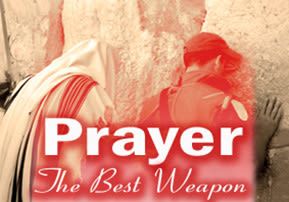
Prayer – The Best Weapon
The forces of the dark side attempt to take away a person's emuna. Our job is to redeem our emuna from the enemy’s impure hands and cling...

For Hashem’s Sake
When asking for emuna, one needs a pure motive and not personal interest or gain. As we see in our tale at hand, the king’s distress motivated the viceroy to set out on the search, not the latter’s hope of reward and the like. We too should seek emuna simply for Hashem’s sake, for that’s what Hashem wants from us, and not for any other reason such as eternal bliss or the title of “tzaddik” and so forth – and certainly not for material reasons such as enhanced income and good health.
Why? Hashem created the world for a purpose. He desires that we feel sorry when His will is not fulfilled in the world, and the world fails to fulfill its obligations to Hashem.
The purpose of the world is to reveal Hashem’s monarchy, so that every living thing shall know that Hashem is the King, as we pray on Rosh Hashanah: “And every creature shall know that Hashem created it, and every living thing shall declare, Hashem the God of Israel is King, and His dominion is over everything.” This is emuna.
A servant, a horse, and money for the journey…
The viceroy requested three tools to help him perform his task in the world. The servant is allegorical to the soul, the horse symbolizes the body, and money for the journey represents a livelihood.
The viceroy only requested money for the journey to perform his task. We too need an income in order to live in this world and to do our task of searching for emuna. Yet, the tool of an income should not be confused with the task at hand. One should not devote an entire life to searching for more money – the tool – rather than searching for emuna – the task. When a person first sets out on the search for emuna, he or she doesn’t yet have a strong spiritual vessel of trust in Hashem. Therefore, one is advised to ask Hashem for an income as a free gift, since he or she doesn’t yet have the proper level of trust in Hashem that justifies the abundance of an adequate income. We all need enough to live on so that we can serve Hashem with composure, until we attain the proper level of trust in Hashem. As we see in our tale, the viceroy attained a befitting level of trust only in the end after extensive toil. Until then, his income was a free gift.
Until I Become a Kosher Person
We learn this concept from Rebbe Nathan of Breslov. When he first became a disciple of our holy Rebbe Nachman, he had terrible distress from his wife, his parents, and his in-laws. Their main complaint was, “How will you make a living if you’re learning and praying all day long?” Rebbe Nathan gave in, and opened a store. His wife waited on customers, but she didn’t know the prices of the goods, so she had to run back and forth between the store and the study hall to ask Rebbe Nathan. Clearly, that’s not the way to run a business, and they suffered with a meager income. In his sorrow, Rebbe Nathan prayed to Hashem like this:
“Hashem! For one to deserve money without toil, one must be a kosher person. Until I become a kosher person, it’ll take time. In the meantime, please give me an income as a free gift, so that I can serve You and rectify myself and become a truly kosher person.”
Hashem heeded Rebbe Nathan’s prayer, the product of a broken heart. At the same time that Rebbe Nathan prayed, his father met with his business partners, who came up with a superb idea: “Since your son Nathan yearns to spend each waking hour in the service of Hashem and learning Torah, and his mind isn’t into commerce, give us his inventory and we’ll buy and sell for him. We’ll send him his periodic share of the profits, so he won’t have to leave the house of study anymore.”
Rebbe Nathan’s father agreed, and from that day on Rebbe Nathan received his monthly profits without lifting a finger in commerce. His one prayer – the prayer of a broken heart – opened up the gate of abundance for many years.
As such, the viceroy is in essence asking from Hashem a livelihood as a free gift, so that he can embark on his journey to seek emuna.
And set out to ask for her…
We must note Rebbe Nachman’s choice of terms; he tells us that the viceroy set out to “ask” for the lost princess, rather than “search” for her. Rebbe Nachman is telling us that one doesn’t have to search for emuna, for emuna is right here, but concealed. Our job is to ask for emuna, constantly yearning, praying, and appealing to Hashem’s Divine mercy until the concealment ends and emuna is revealed to us.
He asked exhaustively for a very long time, until he found her. (And following is the account of how he asked for her, until he found her). He went from place to place, for a very long time, in deserts, fields and forests. And he asked for her a very long time.
Rebbe Nachman emphasizes the efforts of the viceroy, telling us that “He asked exhaustively for a very long time.” This shows the enormous desire that’s required in order to find the lost princess. Rebbe Nachman is teaching us that we should seek, ask, and desire emuna with our hearts and all our might, with all our senses and with all our desires. And despite our efforts and our yearning, we should still know that it will take time until we find the lost princess.
One must carefully prepare for a long journey. Likewise, we too must make the proper emotional preparation – equipping ourselves with the needed patience, personal commitment, and desire that our journey will require. Seeking emuna is likely to be a long and difficult process, strewn with obstacles of every shape and form, and sometimes frustrating and disappointing. But, we should never surrender our desires and never submit to despair. With perseverance – as Rebbe Nachman teaches us – each of us will ultimately find his or her own lost princess.
To be continued.





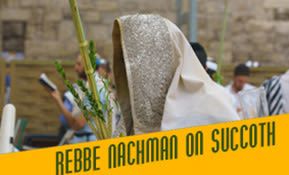
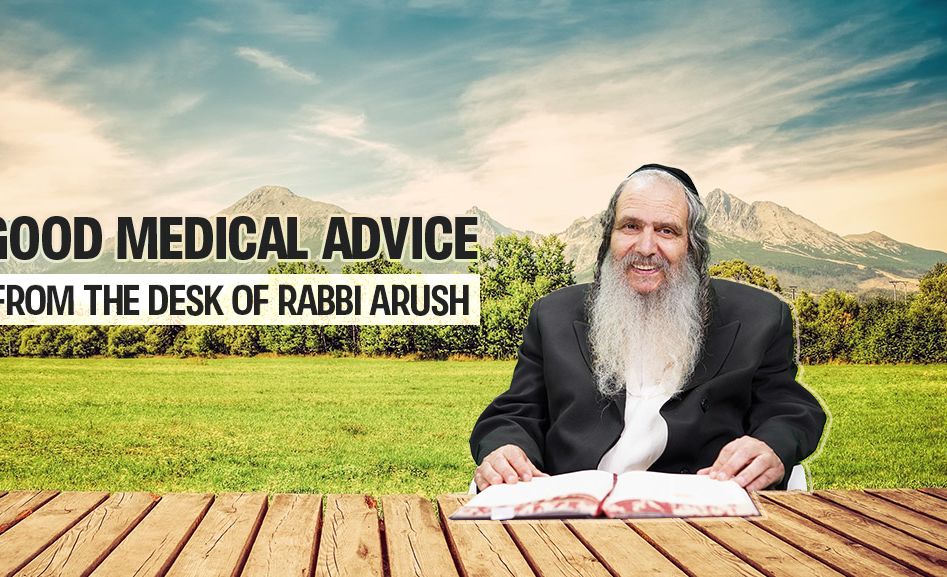
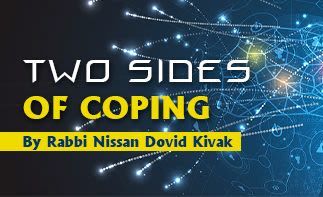
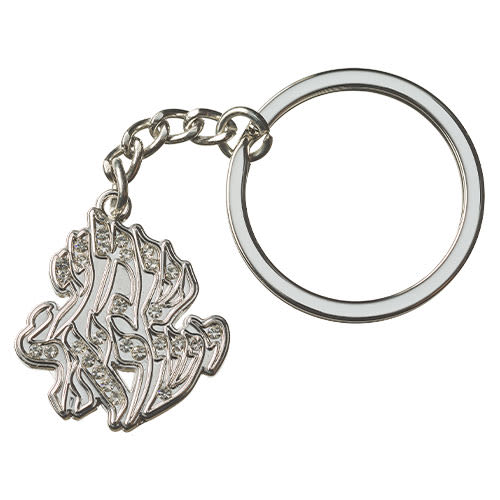
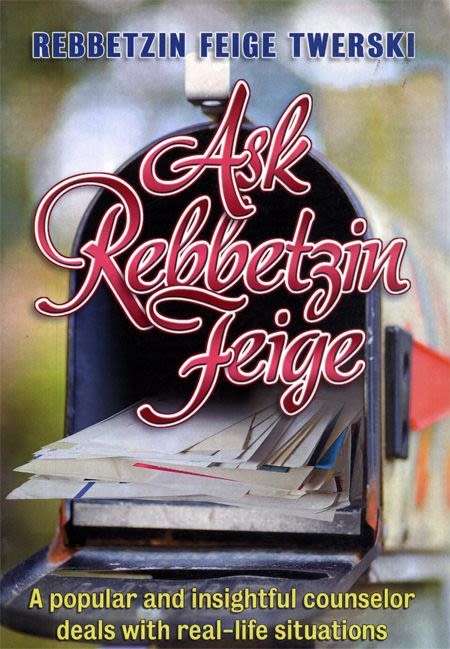
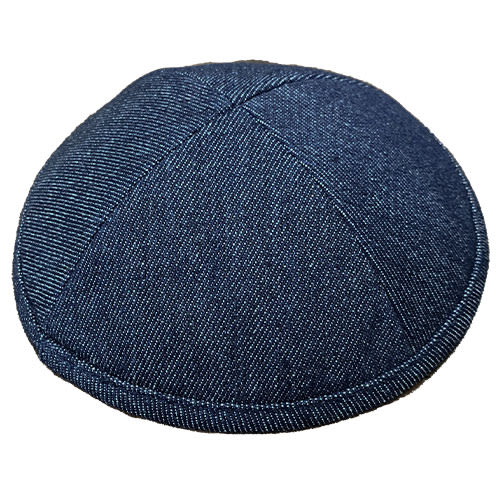
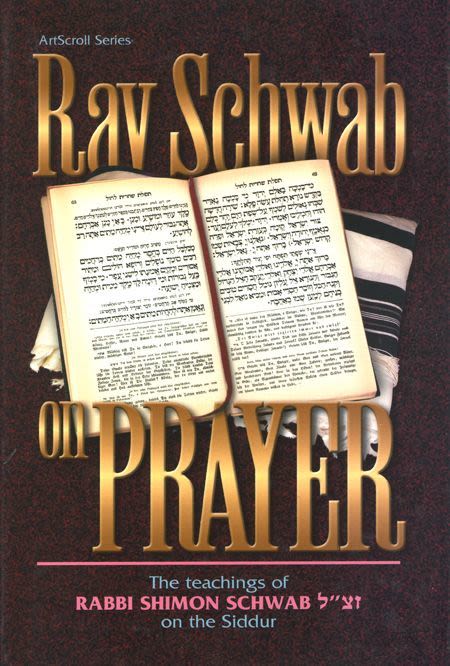
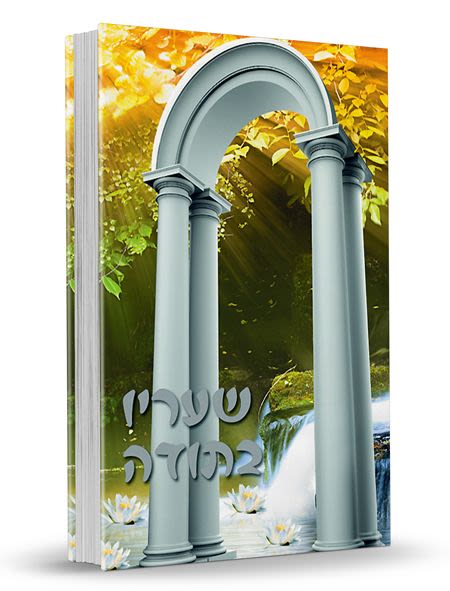
Tell us what you think!
Thank you for your comment!
It will be published after approval by the Editor.